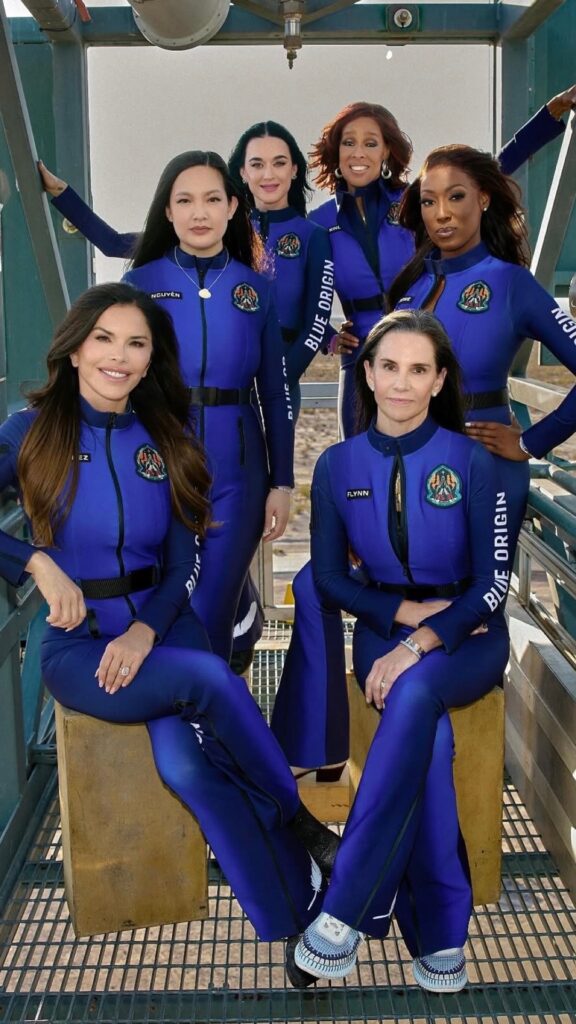Jessica Chastain Critiques Blue Origin’s All-Female Space Flight, Sparking Debate on Feminism and Space Exploration
In a recent turn of events, actress Jessica Chastain has emerged as a vocal critic of Blue Origin’s highly publicized space flight featuring an all-female crew, which included prominent figures such as Katy Perry, Lauren Sánchez, and Gayle King. The flight, which took off earlier this week, has drawn mixed reactions, with Chastain’s comments particularly highlighting concerns about its implications for American feminism.

Blue Origin's All-Female Space Flight












